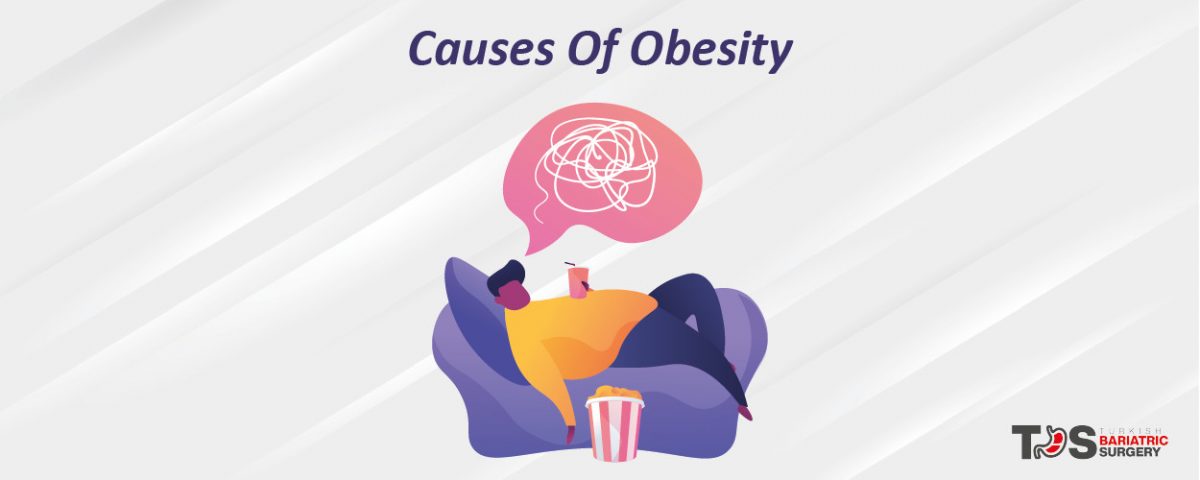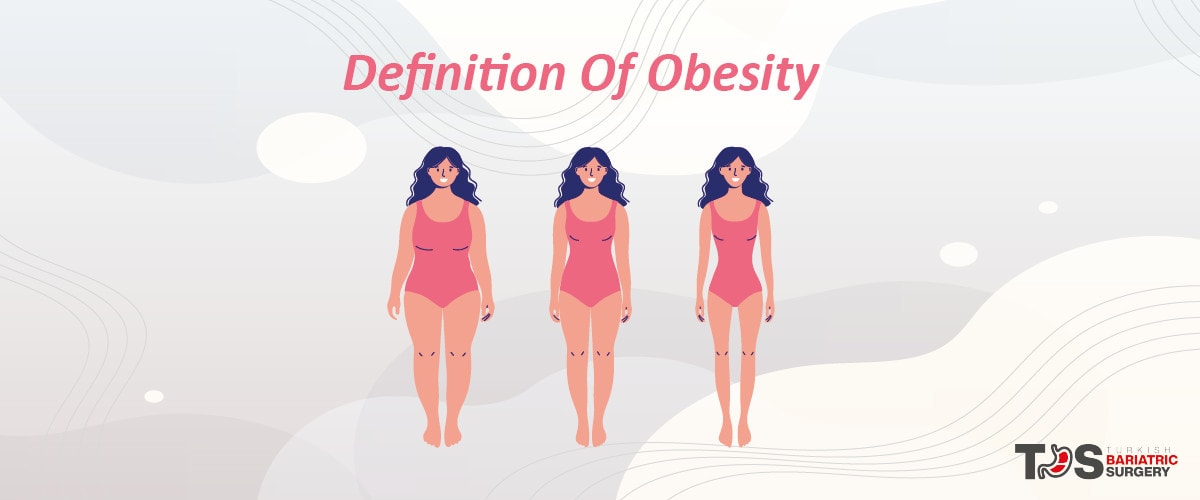Obesity is a disorder that negatively affects tissues and organs, and it does not only mean excess weight, it can lead to many additional clinical problems such as hypertension, type 2 DM.
In addition, cardiovascular system, respiratory system, digestive system, skin diseases, metabolic hormonal complications, psycho- social complications, menstrual irregularities, sleep apnea, gallbladder diseases are among the complications caused by obesity.








